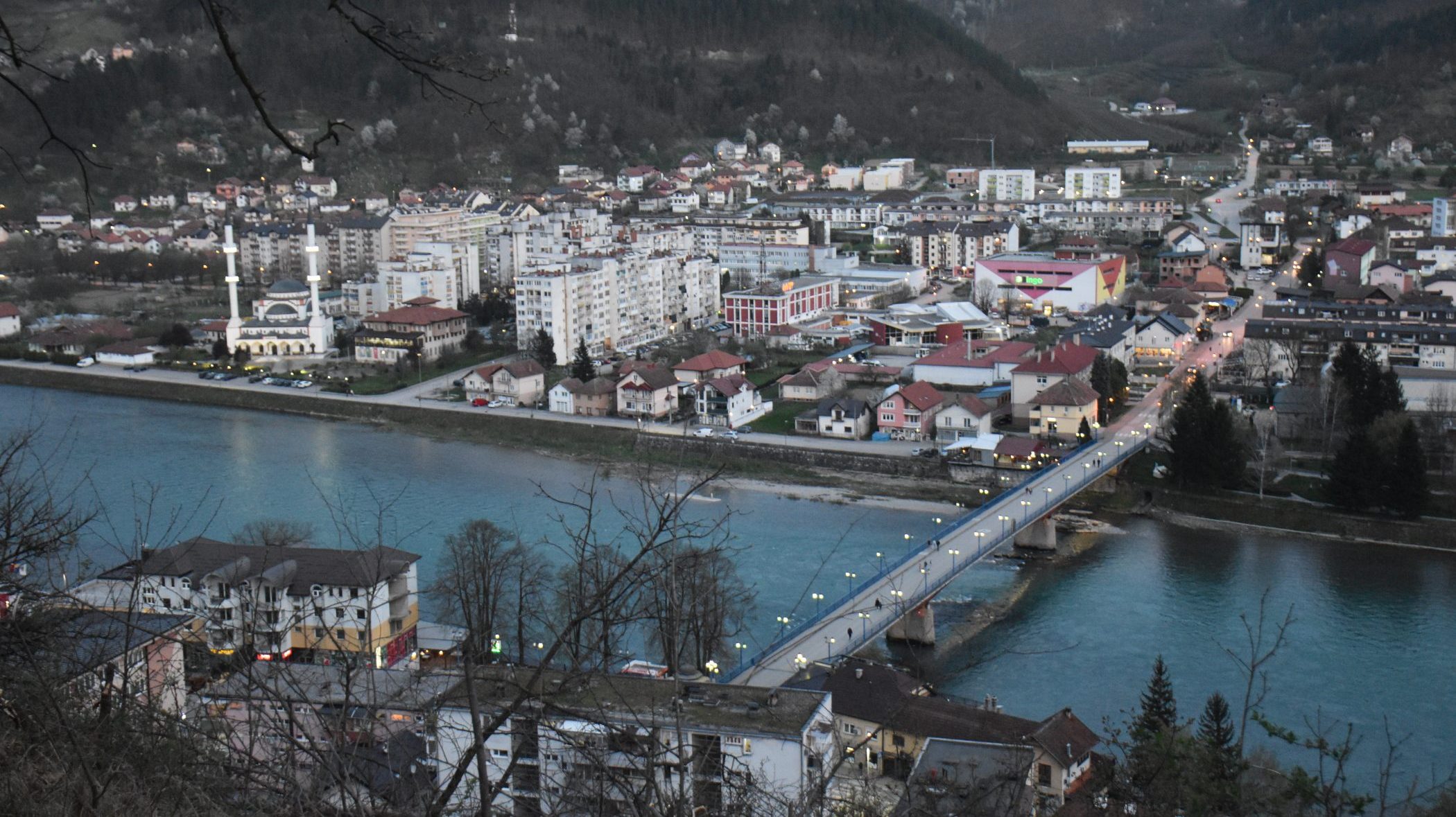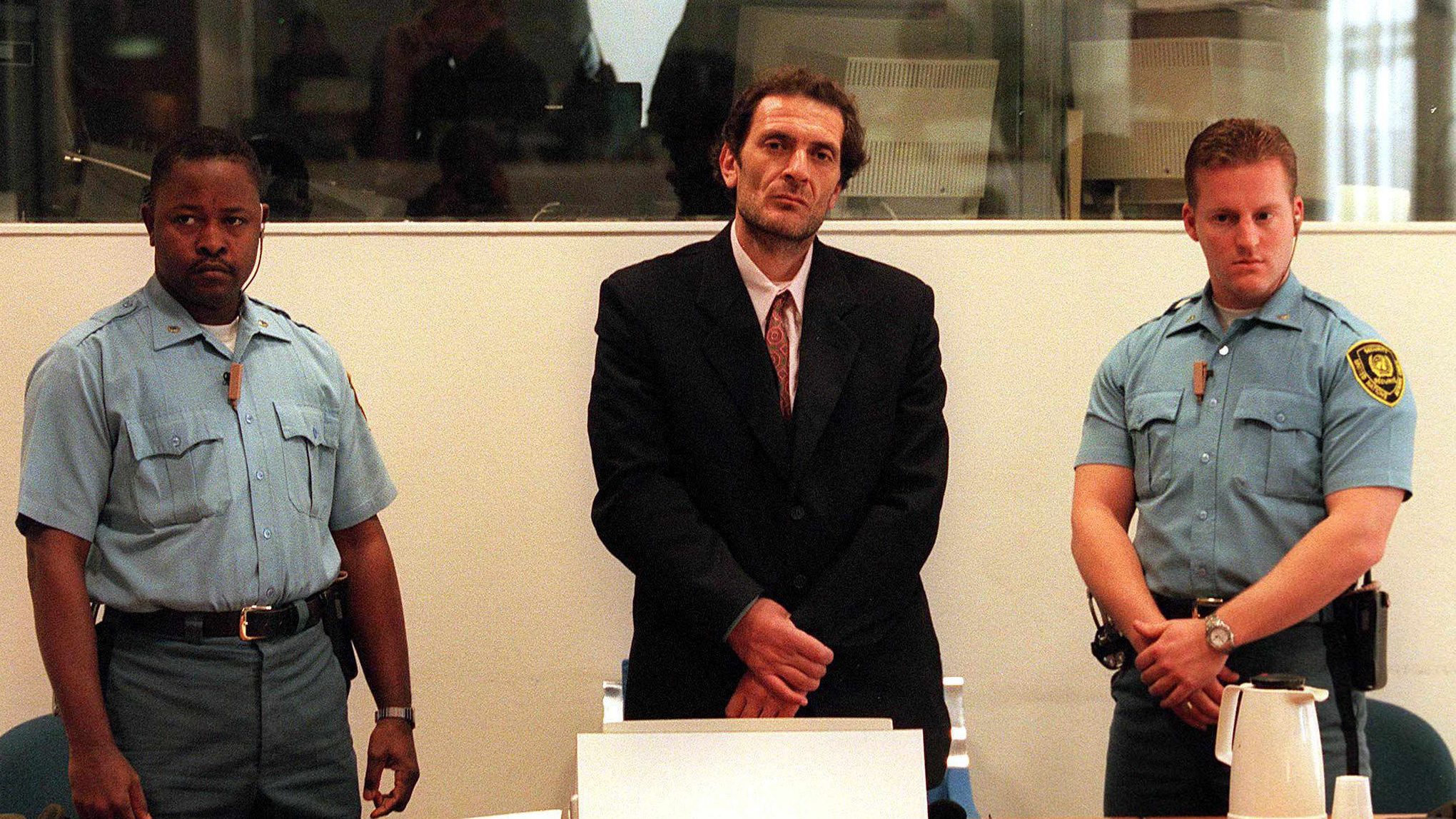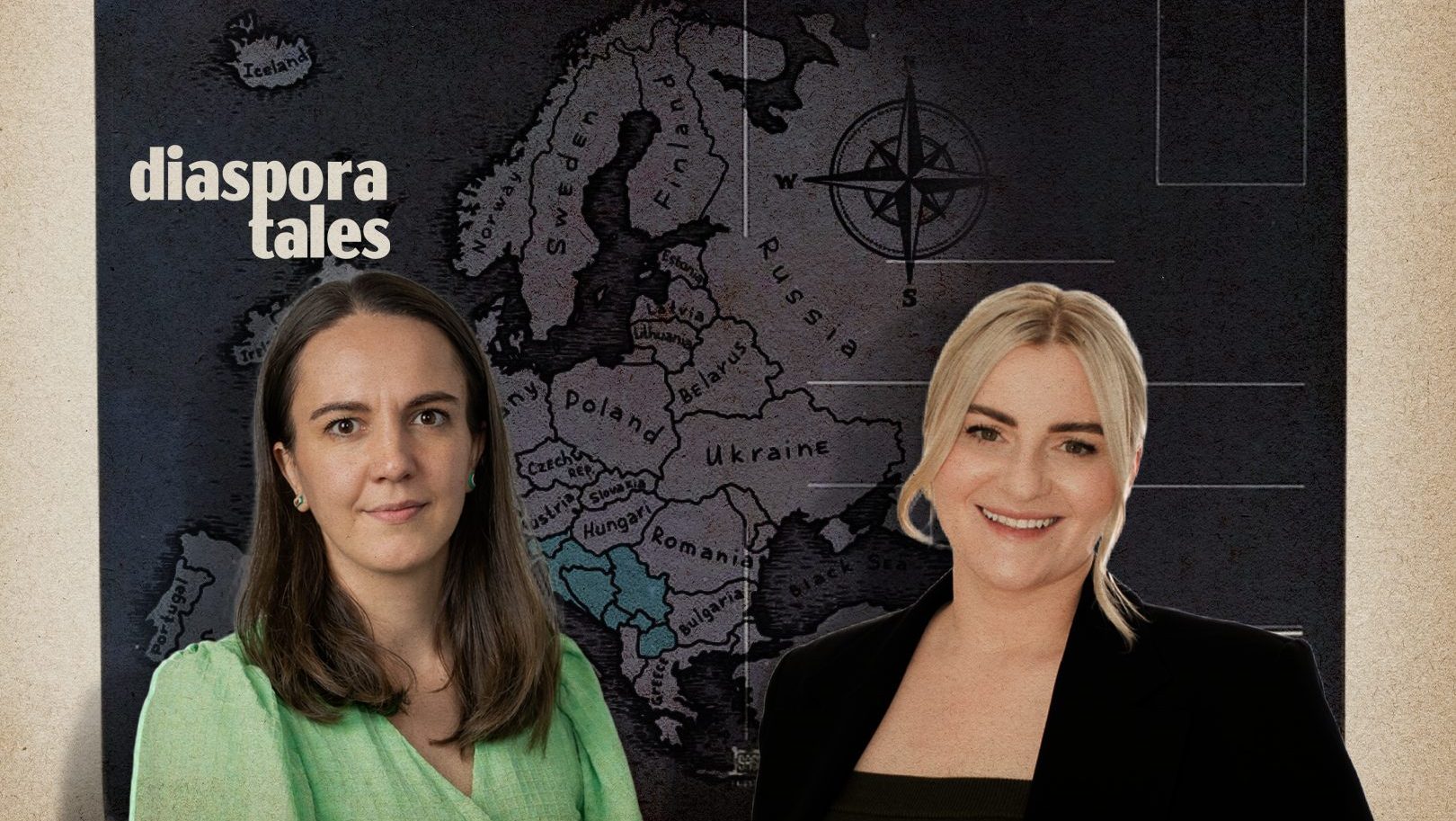The European Court of Human Rights ruled that a Serbian Orthodox church must be removed within three months from a Bosniak woman’s backyard in Konjevic Polje in Bosnia, where it was built illegally.
Fata Orlovic, who has waged a long legal battle for an illegally-built Serbian Orthodox church to be removed from her backyard, told BIRN on Tuesday that she welcomed the European Court of Human Rights’ decision in her favour.
“I’m glad, it’s good, I thank the good people. I never lost hope, but I have certainly gone through a lot of trouble. Twenty years is a long time,” said Orlovic, who is 79.
The church was illegally built on Orlovic’s land just after the war in 1996, and in spite of several court rulings in her favour, it was not removed.
But the European Court of Human Rights ruled on Monday that Bosnia and Herzegovina must take “all necessary measures” to ensure that the church is taken down.
Its ruling also said that Bosnia must pay 5,000 euros to Orlovic.
European Court judge Faris Vahabovic told BIRN that the court had established that there had been a violation of the right to property.
“A three-month deadline has been granted to enforce the verdict and relocate the church,” Vehabovic said.
Vehabovic said that failure to enforce a European Court’s decision was a crime.
But, he added: “Whether it will be enforced or not is up to the Bosnian authorities to decide.”
Orlovic, a Bosniak who lives in Konjevic Polje, a village in the country’s Serb-dominated entity, Republika Srpska, began her legal battle in a local court in nearby Srebrenica in 2002.
She became a kind of hero to some Bosniaks for her campaign but was criticised and sometimes harassed by Bosnian Serbs.
The local government even sued her for spreading ethnic hate and preventing the church from working, but the court dismissed the charges. She was also attacked twice by individual police officers, in 2008 and 2012, the European court’s verdict said.
Rusmir Karkin, a lawyer from Sarajevo who represented Orlovic in the case, said that it was still too early to speak about concrete steps towards removing the church.
“Here we can see that justice is slow but achievable, as the first case was launched back in 2002,” Karkin said.
When asked for his reaction, the Orthodox bishop of Zvornik and Tuzla, Fotije Sladojevic, told BIRN that the Serbian Orthodox Church of Bosnia and Herzegovina should be approached for an official comment.




